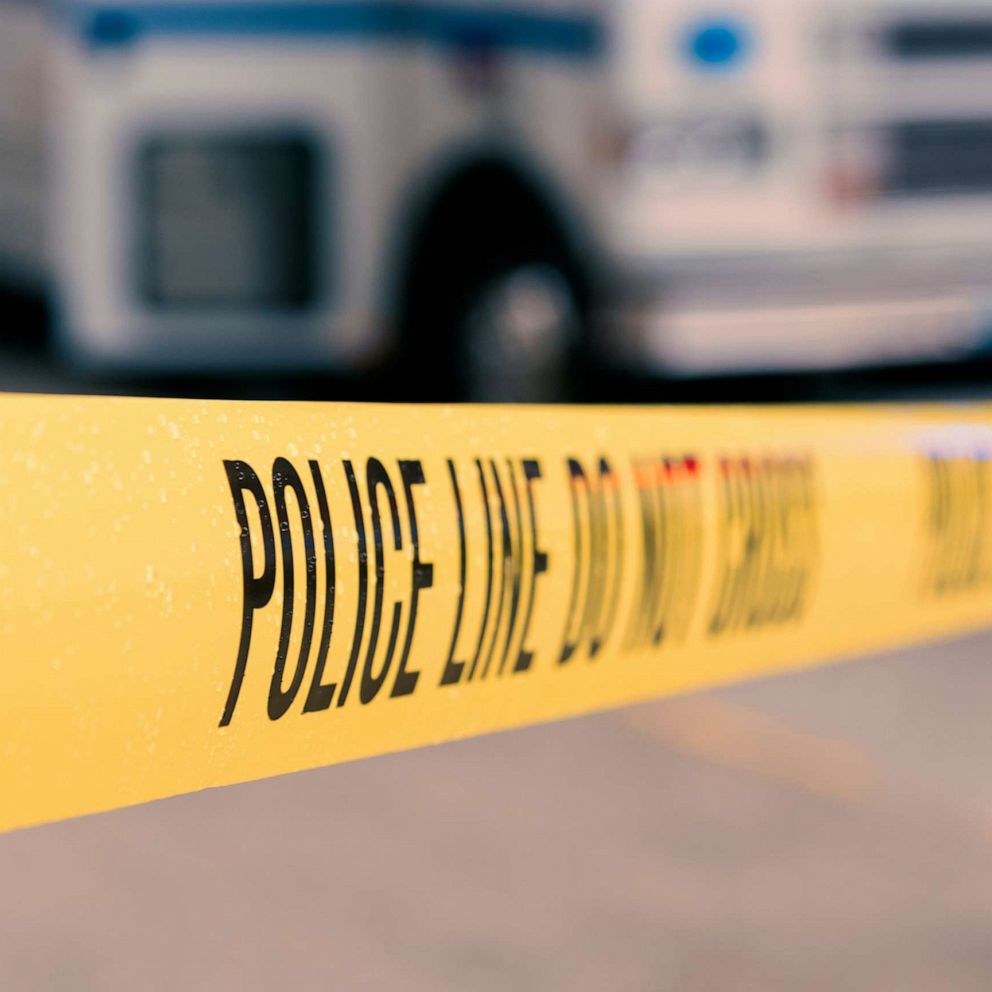Martin O'Malley's Hometown Challenge
The former Baltimore mayor has cleaning up to do in his backyard.
— -- Martin O'Malley faces an uphill battle. The former Maryland governor and Baltimore mayor who officially announced his run for the Democratic presidential nomination Saturday is relatively unknown nationwide, polling around 1 percent among Democratic voters across the country, according to a new poll from Quinnipiac University this week. But perhaps his greatest challenge comes from his own backyard.
During his campaign kickoff event Saturday in downtown Baltimore, a small group of protesters made a scene, speaking out against police brutality and blaming O'Malley for what they see as the negative consequences of his tough stance on crime.
"If he wants to be president, if he wants to come home, he must atone," said Tawanda Jones, one of the protesters. "Our streets are not even safe no more, because of all of the anger in our city."
When he first ran for mayor of Baltimore in 1999, O'Malley promised to cut crime, and when he came into office he instituted a zero-tolerance policing policy. Supporters say that while arrests went up, even for minor offenses, crime came down.
But critics say his methods harmed the relationship between the city's residents and law enforcement.
In an exclusive interview with ABC News' Chief Anchor George Stephanopoulos, O'Malley defended his reputation. "I would not have been elected with 91 percent of the vote first time, or re-elected four years later with 88 percent of the vote, if we were not making substantial progress," he said.
"When I was elected in 1999, our city had become the most violent, and addicted, and abandoned city in America. It was a huge challenge. But we went on in the next ten years to achieve the biggest reduction of part one [or serious] crime of any city in America," he continued. "For all of the progress that we make, there's always so much more that needs to be done."
Last month the violent protests in Baltimore after the death of an African-American man at the hands of police reignited criticism of O'Malley's policies. And in a front page article in the Baltimore Sun the day of O'Malley's campaign kickoff event, a former head of the city's NAACP chapter hit the former mayor hard, saying, "He's going around now like [Baltimore] is his claim to fame. I think this should be his greatest embarrassment."
O'Malley called the unrest in Baltimore last month "heartbreaking" and said the country should learn from Baltimore and focus on issues like unemployment and poverty to rebuild American cities.
"What took place here was not only about race, not only about policing in America. It's about everything it is supposed to mean to be an American," he said during Saturday's rally. "The scourge of hopelessness that happened to ignite here that evening transcends race or geography. The hard truth of our shared reality is this: Unemployment in many American cities and in many small towns across the United States is higher now than it was eight years ago.”
He told Stephanopoulos, "A poet once wrote that the unemployment in our bones erupts in our hands and stones. We can do better as a country.”
Prior to leaving office as governor in October, O'Malley's approval ratings in Maryland were at an eight-year low (41 percent, according to a Washington Post poll), though his presidential announcement rally was full of energetic elected officials and supporters from across the state.
One fan, Baltimore City Councilwoman Rikki Spector, brought a rock with the word "Believe" etched in it as a gift for the governor.
Despite all the controversy she said this was their – Baltimore's – presidential race.




